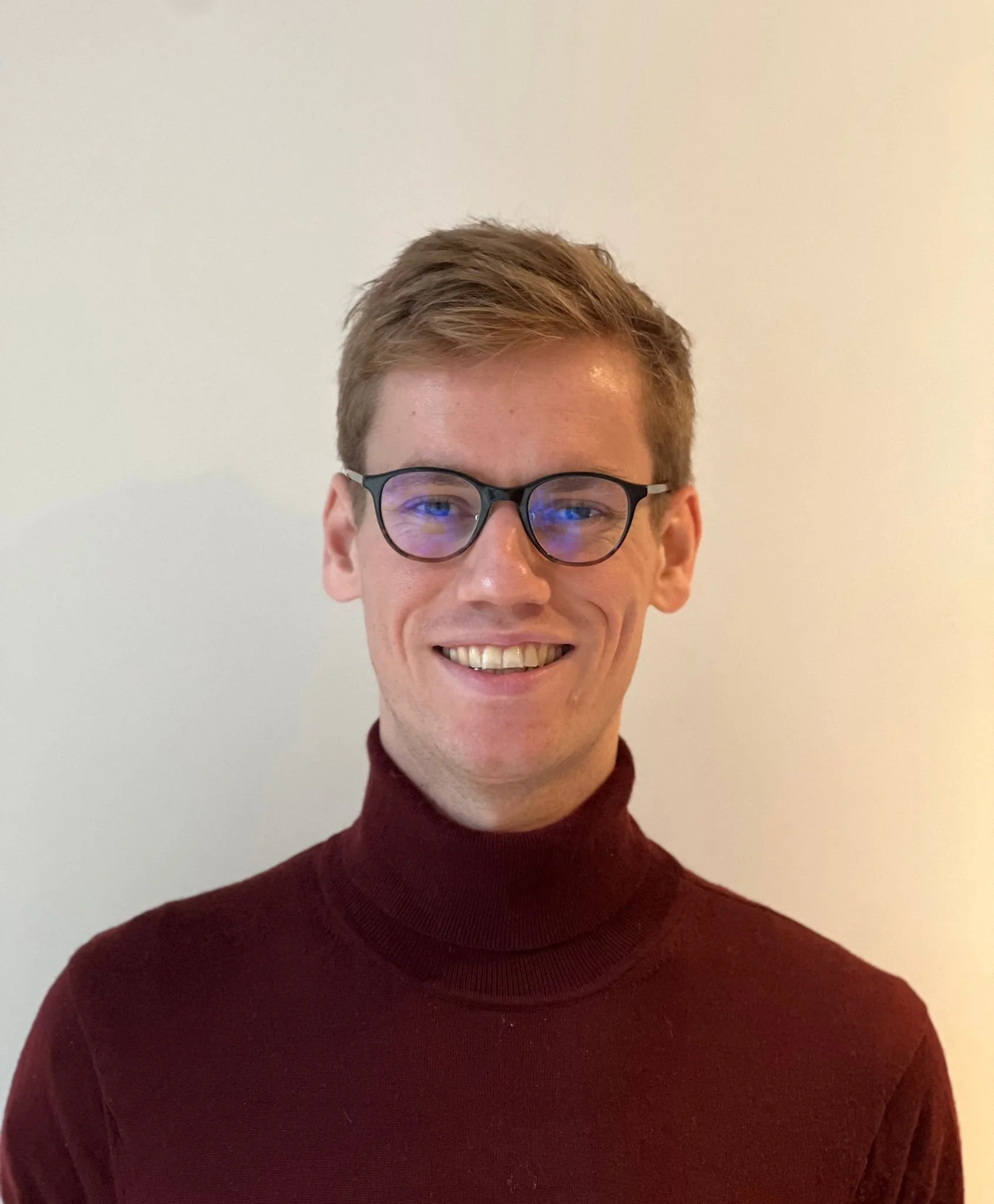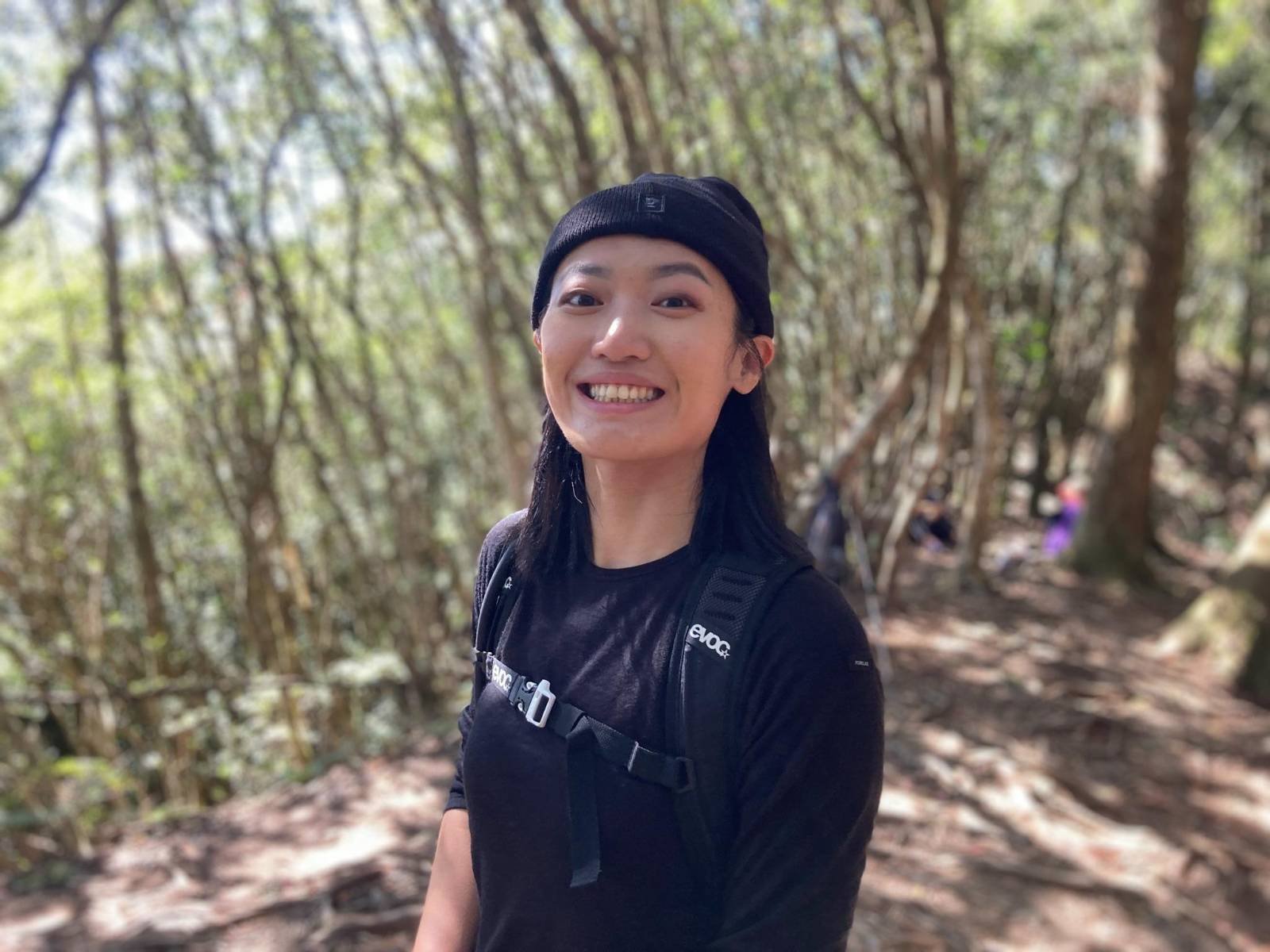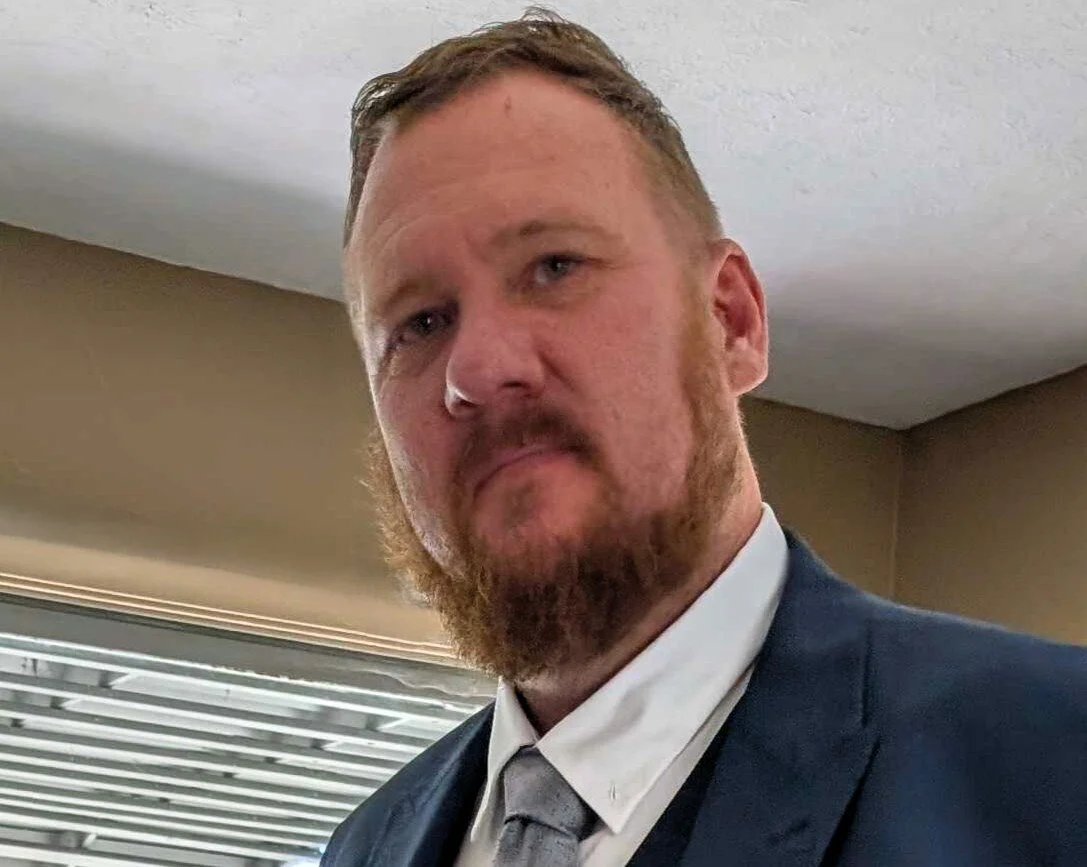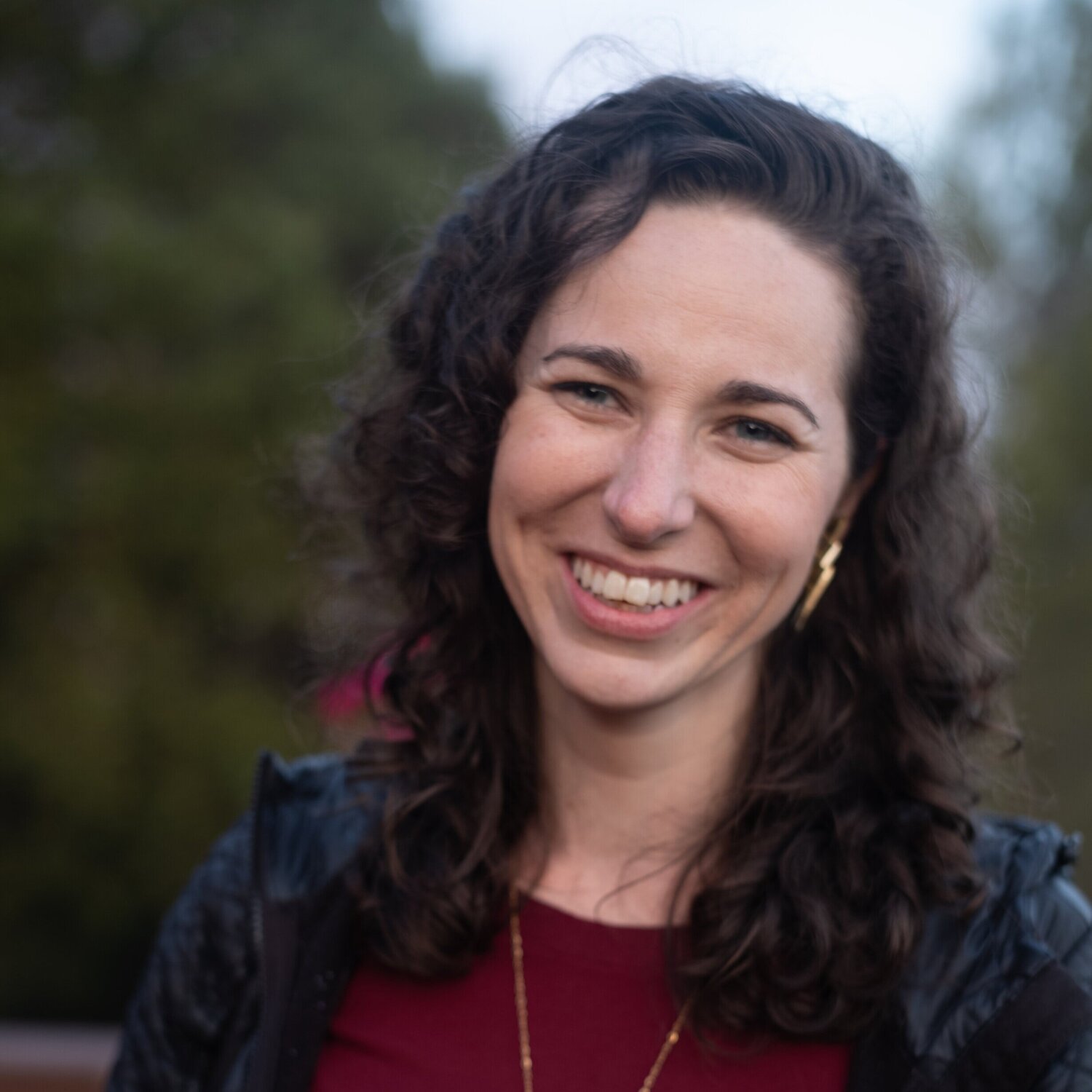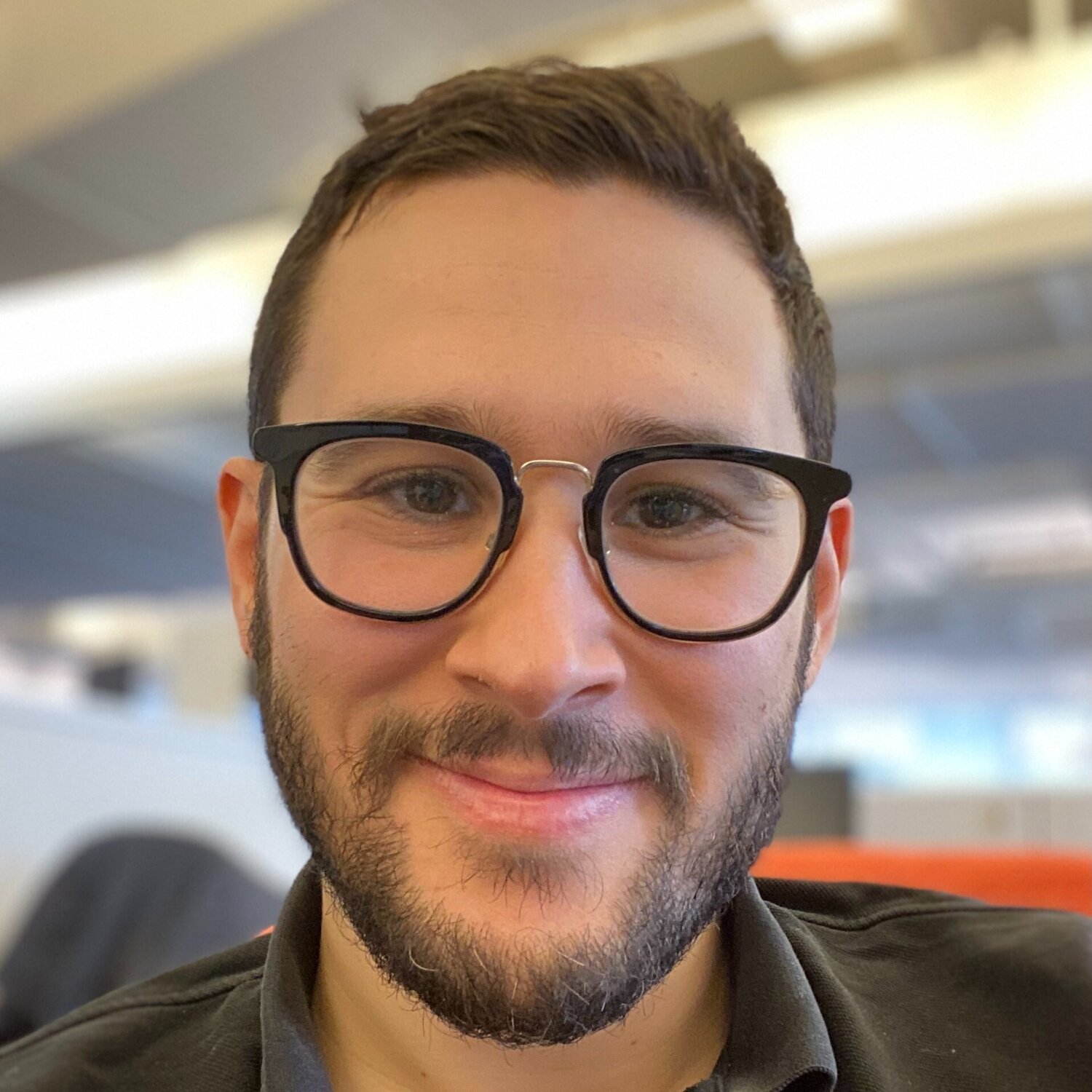Our People
Team
Brittney Gallagher is a storyteller and creator. She focuses on human interaction with the technology that is changing our world. Over the years she has interviewed technologists and thought-leaders for Digital Village, one of the oldest public radio shows in Los Angeles. You can also hear her on SciFi-preneurship with Phil Libin, which explores how great works of science fiction have inspired creators. In her other life, she builds and manages large-scale software systems for media companies.
Shu Yang contributes a researcher and interaction designer, coding and designing to enhance conversations and shape interfaces to improve deliberation quality. She established PDIS with Digital Minister Audrey Tang, an innovation lab in the Taiwanese government focusing on open government, social innovation, and youth council. They setup the Participation Officers Network, a cross-ministerial policy-making process that hosted over 100 workshops, fostering collaboration and innovation across government departments. She holds double master's degrees in Human Computer Interaction from National Taiwan University and Interaction Design from the Copenhagen Institute of Interaction Design.
Allegra likes building technology for knowledge curation and large-scale qualitative data. Before joining AOI, she was at DARPA where she managed a portfolio of research about how machines can help humans understand complicated geopolitical systems. Allegra holds a Ph.D. in computational modeling from the University of Florida and a B.S. in Symbolic Systems from Stanford University. She is a big fan of birds.
Dr. Anna Leshinskaya is a computational cognitive neuroscientist interested in learning and abstraction in human and artificial brains. She earned her PhD from Harvard University investigating the neural organization of semantic memory. Most recently, she led an NSF-funded project at UC Davis investating computational principles of predictive learning. She is interested in how AI can learn in ways that are human-like and human-aligned.
Colleen McKenzie is a researcher, designer, and product strategist, interested in exploring and improving humans' interaction with technology in a variety of contexts. She co-founded the Median Group, a scientific research nonprofit, where she explores technological trends and their societal impacts. Other past roles include Product Manager and Software Engineer at Google, Chief of Staff at the Center for Humane Technology, and Head of Product for distributed computing startup Kalix Systems. She holds a B.A. in Computer Science and Neuroscience from Columbia.
Bouke Klein Teeselink is a Senior Research Fellow at the AI Objectives Institute and an Assistant Professor in Economics at King’s College London. He studies the effect of generative AI on labor markets. His research examines how generative AI is changing employment and wages around the world, how future advances in AI capabilities will shift occupational expertise requirements and employment outcomes, and how AI agents change consumer decision-making.
Justin Stimatze, an engineering leader with an eclectic background in software engineering, management, and academia, has applied his generalist skills across various industries. With a Ph.D. in Physics and a well-rounded education, he has engaged his interests in a diverse mix of projects spanning logistics, mapping and location technology, gaming, research sectors, and dialog management. In addition to his pursuits in the field, he has shown enthusiasm for volunteerism, demonstrating his desire to make a positive impact on the community. His experience includes humbly leading teams and fostering supportive environments in the workplace, embracing a servant leadership approach.
Philip Tomei trained as a cognitive scientist at the University of Oxford, where he focused on Cognitive Linguistics and dynamical systems. He has worked on developing technical model evaluations for AI systems with scholars from SERI MATS, and EU policy design to enforce these with the OECD. In 2023 he cofounded the NGO Pax Machina to focus on research integrating AI risk into financial markets.
Emre Turan, a data scientist with a robust foundation in statistics and data science from UCLA, excels in developing sophisticated AI solutions and advanced trading algorithms. At AI Objectives Institute, he leads the development of a multi-modal, AI-powered WhatsApp agent utilizing GPT-4, supported by AWS technologies, to enhance user engagement. Previously at Generative Alpha, he developed AI agents for quantitative and fundamental trading on Wall Street, optimizing financial datasets with Python, MongoDB, GPT-4, and LangChain. His work at Explomind on adaptive day trading strategies and robust full-stack applications has significantly advanced trading insights and system scalability, showcasing his commitment to pioneering innovative solutions that redefine industry benchmarks.
Pawel Sysiak is a product designer and writer with over a decade of experience in UI/UX design, user research, and visual communication. As a Staff Product Designer at Plume Design, he led the redesign of their design system and the development of WorkPass, leading a team of over 25 engineers through all phases from concept to launch. In 2016, he created AI Revolution magazine, viewed by more than 160k people. His previous work as a product designer included leading design initiatives for clients like BlackRock, Grammarly, and FutureAdvisor. He also designed visual identities for major art events for institutions in Poland, such as the Museum of Modern Art Warsaw, CCA Toruń, and Heineken Open’er Festival. Pawel writes at his project pawel.world, focusing on cognitive biases, epistemology, mental models, and collective coordination. As an artist, Pawel has exhibited internationally at venues including the Museum of Modern Art in Warsaw, Zachęta, 98 Weeks Project in Beirut, Raster Gallery, and Karlin Studios, with his work in major collections like the Museum of Modern Art in Warsaw. Pawel holds a Master of Fine Arts from the Academy of Fine Arts in Warsaw.
Zoey Tseng is an independent researcher specializing in public goods and self-sovereign identity. Actively involved in the g0v community, Tseng conducted research on designing a new government funding mechanism for open-source projects. Tseng's collaborations extend to Taiwan's Ministry of Digital Affairs (MoDA), where she has participated in web3 and AI-related projects. Notably, she played a key role in deploying Talk to the City for MoDA. Beyond research and development, Tseng has facilitated several deliberation workshops in Taiwan, fostering discussions on the impact and development of large language models (LLMs).
Edmund Zagorin is the Founder and Chief Strategy Officer of Arkestro, the leading Predictive Procurement Orchestration platform. Prior to founding Arkestro, Edmund worked as a strategic sourcing advisor helping large enterprises apply game theory and behavioral science to complex procurement operations. Edmund is a globally recognized thought leader and Forbes contributor on the emerging role of AI/ML in procurement and supply chain. He also serves on the Thought Leadership Committee of the Institute for Supply Management (ISM), the Advisory Board of the Sourcing Industry Group (SIG) and was named among the 2023 “Pros to Know” by Supply & Demand Chain Executive. Edmund is passionate about AI alignment issues in supply chain and organized the first AI Ethics & Safety Workshop at the ISM Annual Committee Meeting.
Vehbi Değer Turan is the CEO of Metaculus. He served as the first President and CEO of the AI Objectives Institute, where he built an innovative team, fundraised, and developed Talk to the City, a platform that strengthens communication between under-resourced communities and the government officials serving them. Prior to AOI, he founded Cerebra Technologies, which delivers insights into public opinion trends for 300 million citizens, and which is now used by governments, hedge funds, and international retailers.
Julia Jerome brings a remarkably diverse skill set to her work, beginning her journey in technical theater and expanding into scenic art, trade shows, circus arts, large-scale installations, and now AI companies. Her early experience building scalable systems for the event industry provided valuable insights into complex project management, while her arts entrepreneurship developed core business fundamentals. After successfully leading a team of project managers during Ginger's expansion into Headspace (growing from 50 to 2,000 employees), Julia established the foundations for two more AI-focused companies while simultaneously creating a 15-foot steel sculpture for installation in the Black Rock Desert. Following these achievements, Julia recognized both the potential benefits and risks of artificial intelligence and decided to pursue a career in AI security. Drawing on her adaptability, management expertise, and unwavering commitment to excellence, she now leads operations at AI Objectives Institute, where she develops organizational processes and shapes vision and strategy for human flourishing.
Bill Gallagher is a backend software engineer with over 10 years of experience, ranging from mobile games to med-tech, last-mile delivery logistics, and security. He enjoys solving complex problems and building systems that make everyday tools and services work better. Bill earned his Bachelors of Music from California State University, Long Beach, and brings a mix of creativity and technical expertise to his work. He's especially passionate about applying technology in ways that make the world a better place for his two daughters and future generations.
Board
-
Tasha McCauley is a technology entrepreneur living in Los Angeles. She is the former CEO of GeoSim Systems, and co-founder of Fellow Robots. In addition to serving on the board of AI Objectives Institute, she is on the board of the Centre for the Governance of AI, and was formerly on the board of OpenAI.
-
Vehbi Değer Turan is the CEO of Metaculus. He served as the first President and CEO of the AI Objectives Institute, where he built an innovative team, fundraised, and developed Talk to the City, a platform that strengthens communication between under-resourced communities and the government officials serving them. Prior to AOI, he founded Cerebra Technologies, which delivers insights into public opinion trends for 300 million citizens, and which is now used by governments, hedge funds, and international retailers.
-
Brittney Gallagher is a storyteller and creator. She focuses on human interaction with the technology that is changing our world. Over the years she has interviewed technologists and thought-leaders for Digital Village, one of the oldest public radio shows in Los Angeles. You can also hear her on SciFi-preneurship with Phil Libin, which explores how great works of science fiction have inspired creators. In her other life, she builds and manages large-scale software systems for media companies.
-
Timothy Telleen-Lawton is the former Head of Procurement for Anthropic. He previously lobbied for Environment America, worked on policy for Frontier Group, and ran political campaign offices. He holds an M.S. in Earth Systems from Stanford.
-
Dr. Anders Sandberg is an academic in computational neuroscience, philosophy and futures studies. He is currently researcher at Institute of Future Studies (Stockholm) where he co-founded the Mimir Centre for Long Term Futures Studies. His research centres on management of low-probability high-impact risks, societal and ethical issues surrounding human enhancement and new technology, estimating the capabilities of future technologies, and very long-range futures. He was senior research fellow at the Future of Humanity Institute (FHI) at the University of Oxford 2006-2024. He is a research associate of the Oxford Uehiro Centre for Practical Ethics, the Center for the Study of Bioethics (Belgrade), and on the boards of ALLFED and AI Objectives Institute.
Advisors
-
David A. Dalrymple (also known as “davidad”) recently completed a 2-year Research Fellowship at Oxford University, where he developed the Open Agency Architecture. He has backgrounds in theoretical computer science, applied mathematics, software engineering, and neuroinformatics. In 2008 he was the youngest person to receive a graduate degree from MIT, and he went on to study biophysics at Harvard. His neuroscience work has been funded directly by technology leaders such as Larry Page and Peter Thiel in their personal capacities. David has also worked in machine learning and software performance engineering at major tech companies and startups alike, and co-invented the top-40 cryptocurrency Filecoin with Protocol Labs, a decentralized technology firm where David continues to guide R&D strategy.
-
Orowa Sikder focuses on Applied Research at Anthropic and is an advisor to Cophi, which uses computational methods to help organizations measure and improve collaboration. He is also finalizing a Computer Science PhD at University College London, focusing on mathematical methods to analyze network data. He previously trained in Economics and Philosophy at Oxford University. At AOI, he helped research methods to help language models better understand human preferences, beliefs and behaviors.
-
Brian Christian is the bestselling author of three acclaimed books of nonfiction about the interdisciplinary and human implications of computer science. The Most Human Human (2011) was a Wall Street Journal bestseller, New York Times Editors’ Choice, and New Yorker favorite book of the year. Algorithms to Live By (2016), with Tom Griffiths, was a #1 Audible bestseller, Amazon best science book of the year, and MIT Technology Review best book of the year. The Alignment Problem (2020) is a Los Angeles Times finalist for best science and technology book of the year. A visiting scholar at the University of California, Berkeley, he lives in San Francisco.
-
Carroll “Max” Wainwright is an AI research scientist, technologist, and physicist. He is the co-founder and CTO of Metaculus, a crowd-sourced forecasting platform that predicts the future of AI progress along with other important topics. He previously worked at Partnership on AI, building reinforcement learning environments to benchmark AI safety. Before joining the AI research community, Carroll earned his doctorate studying the physics of the very early universe. He currently lives in San Francisco.
-
Aviv Ovadya researches and supports tractable processes for technology governance and alignment, building on validated methods from offline deliberative democracy and innovative AI-augmented deliberation technology. He is affiliated with Harvard's Berkman Klein Center (RSM), a visiting researcher at Cambridge University's Center for the Future of Intelligence, and consults for technology companies, civil society organizations, and funders. Aviv’s related work explores how we can make our information ecosystem and decision-making systems robust in the face of new technologies. This has involved measurement, mapping harm dynamics, identifying potential levers, navigating limitations (e.g. of deepfake detection), and ensuring that social media ranking systems can bridge divides instead of fomenting division. Aviv's work has been covered regularly, including by the BBC, NPR, the Economist, and The New York Times and his writing has been published by Bloomberg, HBR, the MIT Technology Review, and the Washington Post
Collaborators
Matija Franklin is a researcher at UCL interested in AI Safety and Alignment. Matija's current AI Safety projects include writing policy papers, conducting empirical research, and developing evals that try and address and understand AI Manipulation. For AI Alignment, Matija is currently focusing on exploring better methods for gathering human feedback to develop richer representations of human values, as well as exploring methods of AI Alignment that go beyond preferences.
TJ (Tushant Jha) is a research scholar at the Future of Humanity Institute (FHI). Their work focuses on AI strategy for beneficial use and agency amplification, with interdisciplinary engagement with complex economic systems, institutional economics and legal theory, and theories of deliberation and cooperation. They also do conceptual research on agent foundations and philosophy of knowledge and action, and the relevance for AI risk theory. In a previous life, they were a researcher in computational economics and algorithmic game theory.
Dylan Hadfield-Menell is an Assistant Professor of Artificial Intelligence and decision-making in the Computer Science and Artificial Intelligence Laboratory at the Massachusetts Institute of Technology. He has a Ph.D. in Computer Science from UC Berkeley. His research focuses on the value alignment problem in artificial intelligence. His goal is to design algorithms that learn about and pursue the intended goal of their users, designers, and society in general. He has focused on algorithms for human-robot interaction with unknown preferences and reliability engineering for learning systems. In his recent work, he has studied the limitations of proxy metrics in AI systems and the design of distributed control and verification mechanisms for autonomous agents, with a focus on aligning recommendation systems.
Natasha Jensen is a product strategist. Her past experience ranges from Product Manager at Google focusing on Speech for the Google Assistant to consumer credit fraud and research helping people use credit wisely at Capital One. She previously studied Mathematics and Brain and Cognitive Science at MIT. At AOI, she is helping build out the Human Autonomy program: researching methods and building prototypes to increase a person's coherence and and foster a more transparent and consenting engagement between individuals and the technology they engage with.
Catherine (Cat) Mooney is an agent of elegant chaos and technological transformation. She serves as a Technical Program Manager at Okta, where she convenes strategy conversations for the fastest growing identity company on the Internet. She also assists the AI Objectives Institute in gathering brilliant minds from every direction and envisioning better futures for AI and transformations of the human economy.
Before joining AOI, Stacey Svetlichnaya was a deep learning engineer at Weights & Biases, where she built developer tools for visualization, explainability, reproducibility, and collaboration in AI. She’s not sure if climate change or AI safety is the bigger existential threat, so she strives to maximize impact on both. She enjoys the intersection of machine learning research, application, and UX, mostly for vision & language models. Previously, she worked on image search, productionizing ML systems, and discovery & recommendation on Flickr, following the acquisition of LookFlow, a visual similarity search engine. Stacey holds a Stanford BS ’11 and MS ’12 in Symbolic Systems, focusing on neuroscience.
Portia Murray is an experienced researcher, team builder, engineer and product strategist focused on tackling large scale data privacy and security problems. Her most recent work at Apple was building tools to enable increased transparency into first- and third-party data privacy practices for users of MacOS and iOS. She also contributed to infrastructure security and AI/ML products during her time at Apple. Her past roles include Data Scientist/Researcher at PAX Labs, where she authored human usage studies for the FDA and built predictive algorithms, and Software Engineer at Knight Foundation-funded efforts such as Project Gitenberg, known now as the Free eBook Foundation.
Max Shron is a data scientist, author, and entrepreneur. He is currently the Director of Data at Warby Parker, where his work often involves aligning definitions, metrics, models, and feedback loops to the company's values. Prior to his work at Warby Parker, Max founded and ran Polynumeral, a team of data scientists who consulted for major NGOs, media companies, and tech startups on a wide variety of projects. He's the author of Thinking With Data (O'Reilly, 2014).
Dr. Bruno Marnette is a technology entrepreneur based in London. He holds a PhD in Computer Science from Oxford and an MSc in Cognitive Science from EHESS. He co-founded two VC-backed AI-driven companies. As CTO and Head of Product at Enki, he impacted millions of students by enabling mobile coding education. As CEO of Prodo, he pioneered AI-powered code generation. Bruno also played key roles at Meta, where he developed novel infrastructure to combat misinformation. Prior to joining the AOI, he also co-founded Depolarized AI, a nonprofit initiative promoting productive online debates.
Peli Grietzer is a researcher and writer specializing in ML, philosophy, and literary studies. He has a PhD from Harvard Comparative Literature in collaboration with the HUJI Einstein Institute of Mathematics, where he wrote about a technical analogy between autoencoding and the idea of 'vibe.' Before joining AI Objectives Institute he worked as a technical project manager in applied reinforcement learning.
Darko Stojilović is a researcher with extensive experience in industry, NGOs, and academia. He holds MSc degrees in Cognitive and Decision Sciences from UCL and in Psychology from the University of Belgrade. Darko’s current interests focus on moral psychology and AI ethics, with a particular interest in understanding the moral responsibility of AI systems. His work is dedicated to shaping legal guidelines for assigning liability in instances where AI cause harm.
Dr. Michael McCoy is a mathematician and technologist focused on advancing AI to improve human lives. As the co-founder and CTO of Exclosure, he has spearheaded the development of innovative satellite tracking technology, serving a wide range of clients, including the US Space Force. His expertise spans AI, self-driving cars, cybersecurity, and advanced cryptographic techniques. Holding a Ph.D. in Applied and Computational Mathematics from Caltech, Dr. McCoy's work lies at the intersection of AI, machine learning, and human cognition, with a commitment to ensuring that AI's benefits are broadly shared, empowering individuals and enhancing societal well-being.





